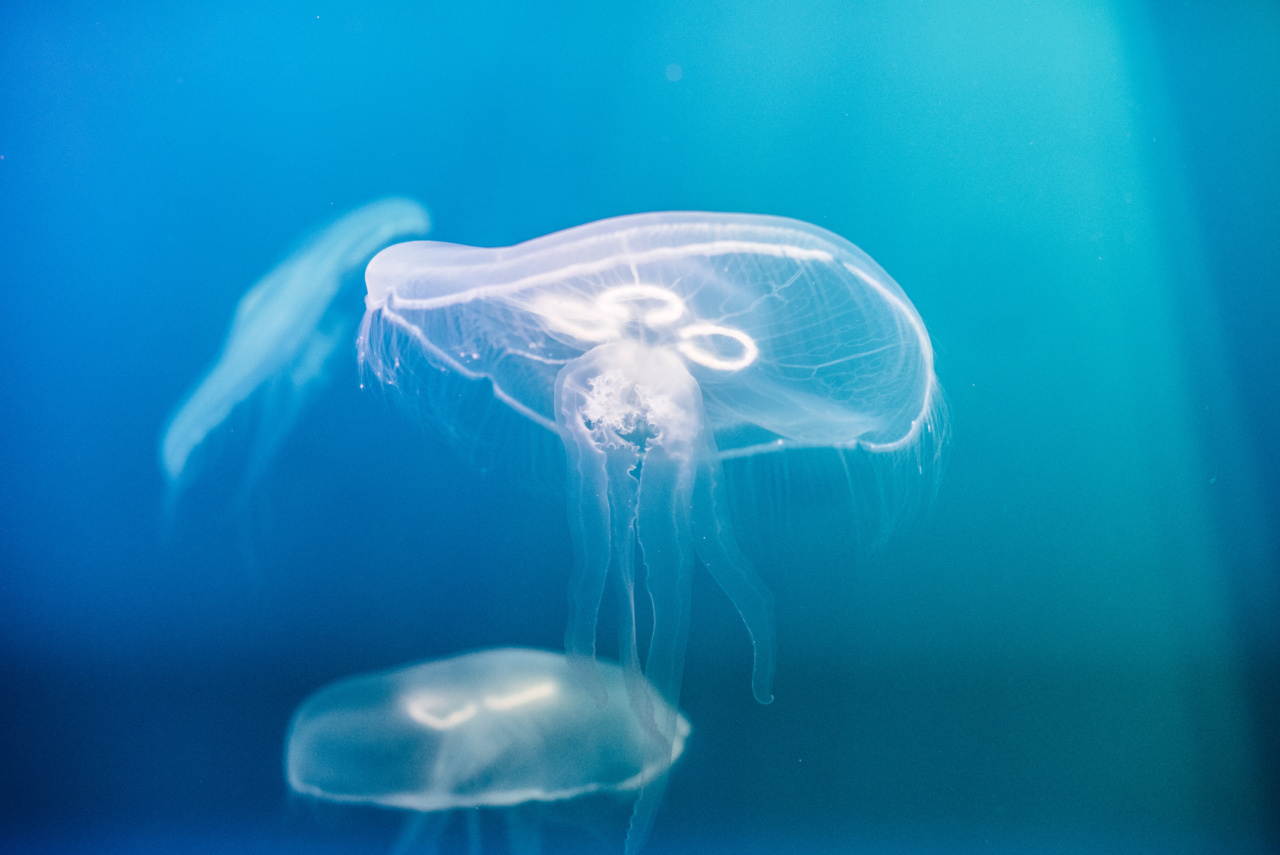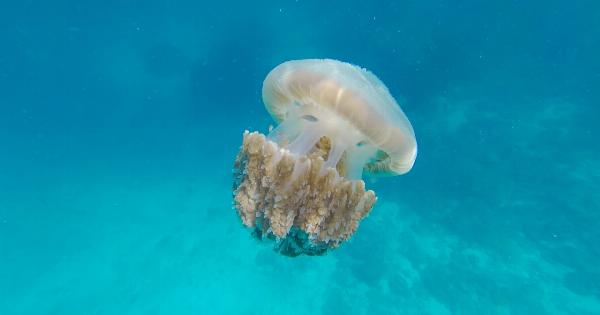Dogs love to play in the water and run on the beach. But what happens when they encounter a poisonous purple jellyfish? It can be a dangerous situation for your furry friend.
In this article, we will discuss the threat of poisonous purple jellyfish and provide tips on how to keep your dog safe while at the beach or swimming in the ocean.
What are Poisonous Purple Jellyfish?
Poisonous purple jellyfish, also known as Portuguese man o’ war, are a common sight in the ocean. These creatures have long, blue tentacles that contain venomous stingers.
The stingers have the potential to cause severe pain, swelling, and even death in humans and animals.
The Dangers to Your Dog
Dogs are curious creatures and may sniff or lick the poisonous purple jellyfish. If they come into contact with the stingers, they can experience severe pain and swelling. The venom can cause respiratory distress and even death in extreme cases.
Symptoms of jellyfish stings in your dog include:.
- Pain and Swelling
- Difficulty Breathing
- Weakness and Fatigue
- Vomiting
If your dog is displaying any of these symptoms, seek immediate veterinary care.
Preventing Poisonous Purple Jellyfish Stings
The best way to prevent your dog from getting stung by a poisonous purple jellyfish is to avoid areas where they are known to be present.
If you are planning on taking your dog to the beach, do some research to find out if there have been any jellyfish sightings recently. Most beaches will also post warning signs if there is a jellyfish problem.
It’s also a good idea to keep your dog on a leash while on the beach. This will give you better control over their movements and prevent them from running into areas where jellyfish may be lurking.
If you notice a jellyfish washed up on the beach, do not let your dog investigate it. Even dead jellyfish can still sting and cause harm.
Treating Jellyfish Stings
If your dog does get stung by a jellyfish, it’s important to act quickly. Remove any tentacles that may be stuck to your dog’s skin, being careful not to touch them with your bare hands.
Use tweezers or gloves to protect yourself from the venomous stingers.
Rinse the affected area with vinegar or saltwater to neutralize the venom. Avoid using freshwater or alcohol, as this can make the venom more toxic.
Seek immediate veterinary care if your dog is experiencing severe symptoms such as difficulty breathing or weakness. Your veterinarian may administer pain relief medications and antibiotics to prevent infection.
Conclusion
Poisonous purple jellyfish are a danger to dogs and humans alike. It’s important to be aware of the risks and take steps to prevent your dog from coming into contact with these creatures.
Remember to research the beach before taking your dog there and keep them on a leash at all times. If your dog does get stung, act quickly to remove the tentacles and neutralize the venom. With these precautions in mind, you and your furry friend can enjoy a safe and happy day at the beach.































